Executive authority vested in President not Vice-President – Kyei-Mensah-Bonsu to Bawumia's critics
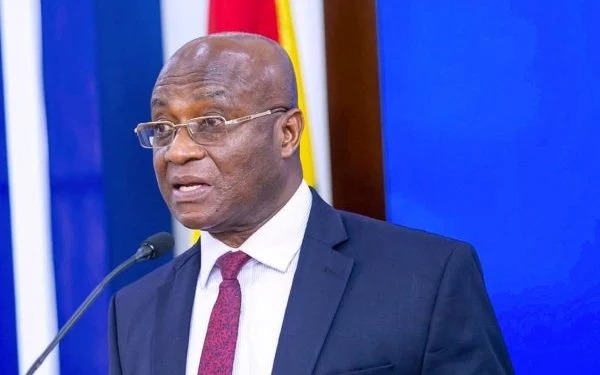 Osei Kyei-Mensah -Bonsu.
Osei Kyei-Mensah -Bonsu.
Former Majority Leader and Member of Parliament for Suame Constituency in the Ashanti Region, Mr Osei Kyei-Mensah-Bonsu, has come to the defense of Vice President and New Patriotic Party (NPP) flagbearer, Dr. Mahamudu Bawumia, in response to criticisms over his recent promises to abolish certain government policies.
Speaking on the NPP’s 2024 manifesto, Mr Kyei-Mensah-Bonsu clarified that Dr. Bawumia, in his capacity as Vice President, serves only as an adviser to President Nana Akufo-Addo and does not possess the executive authority to independently implement or abolish policies.
He stressed that in Ghana, executive power is vested solely in the President, while the Vice President's role is to provide counsel, not to make policy decisions.
Mr Kyei-Mensah-Bonsu cited historical examples of Ghanaian presidents who, upon being re-elected, introduced new manifestos to reflect changing societal needs.
He noted that this was a standard practice, and not indicative of inconsistency or conflict within a political party.
“President Rawlings succeeded himself in 1996. Did he have the same manifesto as he had in 1992?
The 1996 manifesto of the NDC was significantly different from that of 1992, even though Rawlings remained the president,” he stated.
“Similarly, President Kufour, in his second term, had a different manifesto, reflecting the dynamic nature of society.
President Mahama, after succeeding President Mills, did not repeat the same manifesto, because circumstances had changed. This should be obvious.”
Mr Kyei-Mensah-Bonsu emphasized that Dr. Bawumia's proposals, such as abolishing the electronic levy, removing the betting tax, and reintroducing road tolls, are all part of the NPP's 2024 manifesto.
These promises, he argued, should be viewed as policy intentions of the NPP and not as actions within the current scope of Dr. Bawumia's powers as Vice President.
“The Vice President is an adviser to the President, the prime adviser,” Kyei-Mensah-Bonsu added.
“It doesn’t mean that whatever is proposed by the Vice President should be accepted by the President, because, as I said, the executive authority is vested in one person.”
Source: Classfmonline.com/Cecil Mensah
Trending News
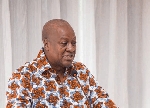
Profiles of 10 regional ministers-designate nominated by President Mahama
23:13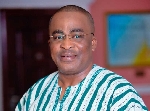
NDC exposes three police officers allegedly involved in looting of state establishments
13:44
NALAG President urges President Mahama to prioritise experienced Assembly Members and women in MMDCE appointments
00:48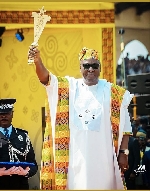
Eastern Youth Development Association congratulates President Mahama
11:39
Justina Nelson: President Mahama appoints Acting CEO for Minerals Income & Investment Fund
21:53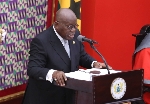
Don’t be scared; we won’t default on our debt obligations – Ato Forson to Akufo-Addo
11:43
NIA assures 500 contract staff of settling salary arrears
12:18
CARE Ghana raises concerns over 2024 election security lapses
12:01
V/R: President John Dramani Mahama nominates James Gunu as regional minister-designate
21:43
Dialysis Center at Upper East Regional Hospital faces possible shutdown over funding challenges
12:23



